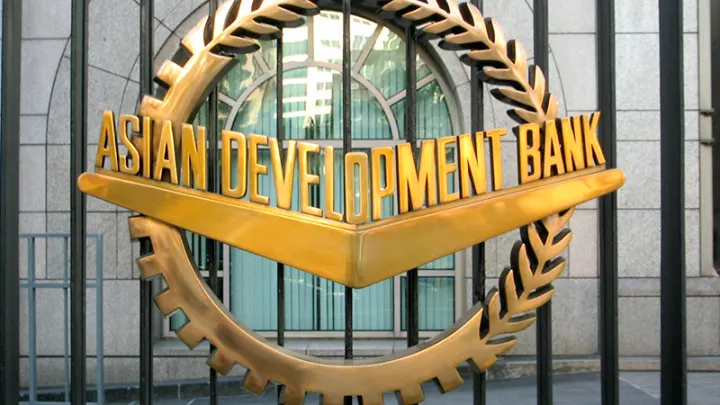News Flash
News Flash

DHAKA, Sept 22, 2025 (BSS) - The Asian Development Bank (ADB) has made
important contributions to urban livability in Asia and the Pacific while
greater impact will require stronger cross-sectoral collaboration, enhanced
staff capacity, and deeper engagement with sub-national governments.
A recent evaluation by the Asian Development Bank's (ADB) Independent
Evaluation Department reviewed ADB's livable cities portfolio from 2017 to
2024, and thus assessed the bank's readiness to deliver integrated and
locally responsive urban solutions for enhancing urban livability.
"Improving urban livability is a priority for ADB, especially as cities
across the region face mounting pressures from rapid urbanization,
infrastructure gaps, and environmental challenges," said Independent
Evaluation Director General Emmanuel Jimenez.
"To deliver greater impact, ADB must strengthen its urban diagnostics to
better identify locally relevant livability priorities that are grounded in
strong governance, sustainability, inclusivity, and resilience," Jimenez
added.
The evaluation found that while ADB's livable cities agenda broadly aligned
with the needs of developing member countries, there were several operational
gaps.
Specifically, project results indicators often lacked clarity, making it
difficult to track progress and measure impact, and they were not well-
integrated with country partnership strategies or corporate results
frameworks.
Evaluation team leader Sung Shin noted that ADB's institutional structure is
still evolving and limited internal incentive mechanisms have posed
challenges for delivering integrated urban solutions.
"Some multilateral development banks have advanced direct engagement with
local authorities, but ADB has yet to fully leverage such approaches," Shin
said.
"Strengthening staff capacity and working more directly with local
governments could enhance ADB's support for cities and help translate
livability goals into more tangible outcomes," Shin added.
To strengthen its impact, the evaluation recommends that ADB sharpen its
urban diagnostics, improve alignment between project design and country
strategies, and enhance monitoring and evaluation systems to better track
project outcomes.
It also calls for tailoring organizational arrangements to support cross-
sectoral collaboration and for scaling up engagement with sub-national
entities through direct lending and technical assistance.
About Independent Evaluation at ADB:
ADB's Independent Evaluation, reporting to the Board of Directors through the
Development Effectiveness Committee, provides objective assessments of ADB's
strategies, operations, and results to help improve development outcomes
across Asia and the Pacific.